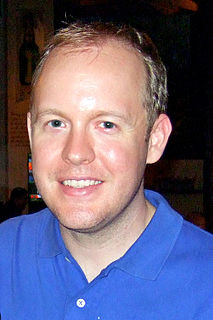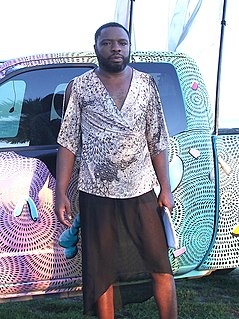A Quote by Jason Calacanis
The wisdom of the crowds has peaked. Web 3.0 is taking what we've built in Web 2.0 - the wisdom of the crowds - and putting an editorial layer on it of truly talented, compensated people to make the product more trusted and refined.
Related Quotes
This intelligence, or what I'll call "the wisdom of crowds," is at work in the world in many different guises. It's the reason the Internet search engine Google can scan a billion Web pages and find the one page that has the exact piece of information you were looking for. It's the reason it's so hard to make money betting on NFL games, and it helps explain why, for the past fifteen years, a few hundred amateur traders in the middle of Iowa have done a better job of predicting election results than Gallup polls have.
When Europeans arrived on this continent, they blew it with the Native Americans. They plowed over them, taking as much as they could of their land and valuables, and respecting almost nothing about the native cultures. They lost the wisdom of the indigenous peoples-wisdom about the land and connectedness to the great web of life...We have another chance with all these refugees. People come here penniless but not cultureless. They bring us gifts. We can synthesize the best of our traditions with the best of theirs. We can teach and learn from each other to produce a better America.
































